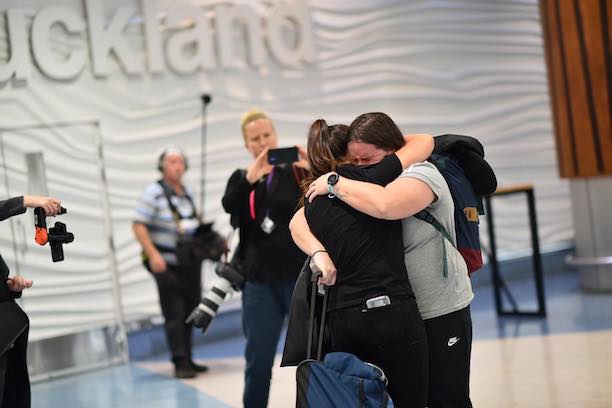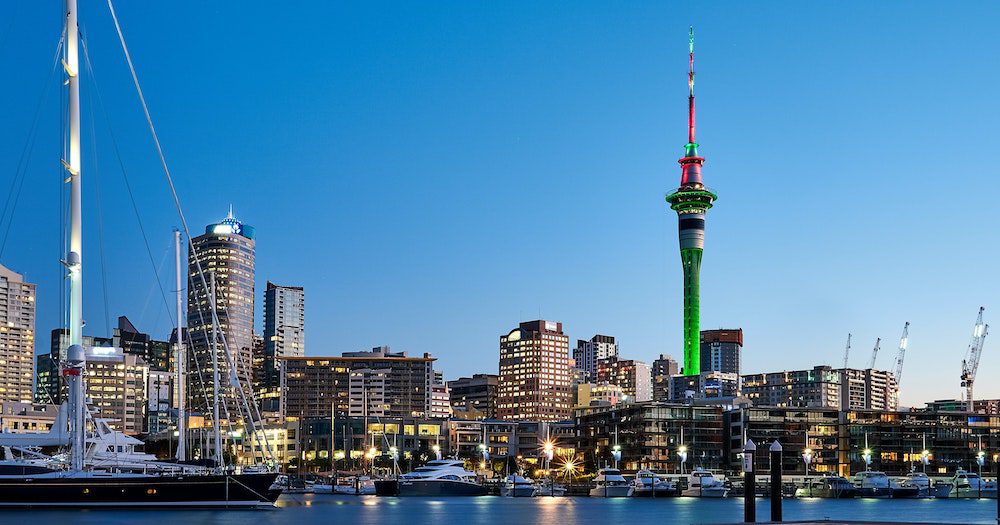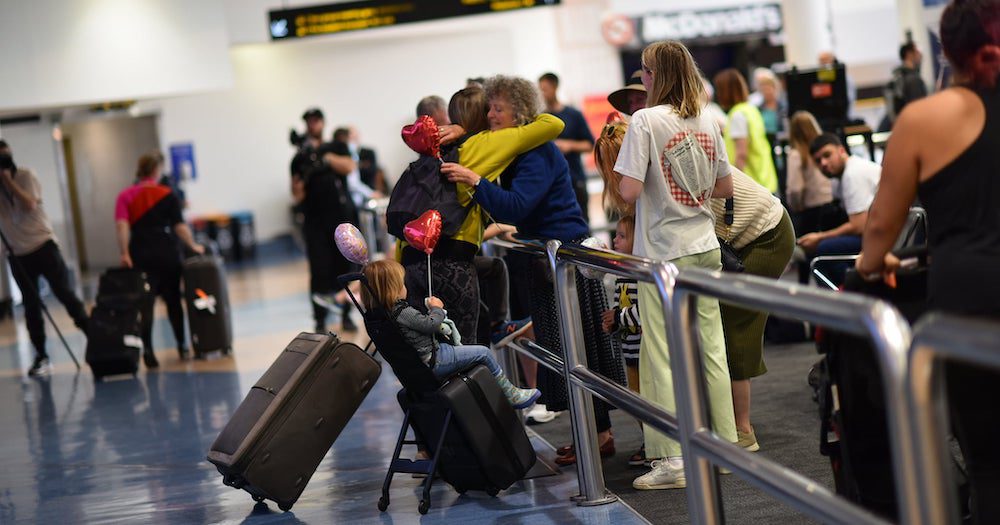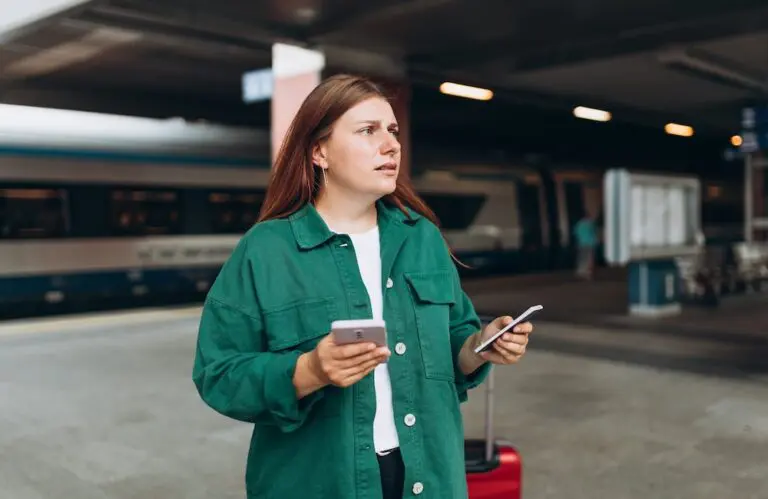After more than a year of holding its citizens at arm’s length for the safety of the home nation, New Zealand has a new, more heartwarming, message for Kiwis abroad: come home.
Much like Australia to date, New Zealand has closed ranks during the pandemic, maintaining strict border controls and mandating a fortnight’s self-funded hotel quarantine on arrival in keeping with its COVID-19 elimination strategy.
Jacinda Ardern’s government has rationed arrivals through a border regime known as “managed isolation and quarantine”, or MIQ.
With an estimated 24,000 Kiwi’s stranded globally as of early April, arrivals have to date been capped at around 6000 a fortnight, leaving many New Zealand citizens waiting weeks or even months to secure their place in MIQ, and a return home.
But not any longer.
As of today, New Zealand citizens anywhere in the world (including India) who have been waiting patiently to return home, are now welcome to do so.
*Cue more beautiful and emotional airport reunion scenes.
Kiwi citizens are welcome to return from today

The creation of the trans-Tasman travel bubble, removing the need for Australia-based Kiwis to quarantine, has freed up so many places in MIQ, and now the government is now rolling out the red carpet.
“If you’re a Kiwi desperate to get home, do it now,” COVID-19 Minister Chris Hipkins said.
“People can jump online today and book a room to come home. Space is available. Take up the opportunity to come back.”
“We have been very conscious of the fact that New Zealanders have a right to return back to New Zealand,” he said.
“People were having to wait six months to get a space in managed isolation. That’s not the case now. We’ve got about 20,000 rooms available over the next three months.”
Here’s how to book your MIQ
If you’re a New Zealand Citizen and would love to return home, you can now do so and this video explains how you can get the ball rolling.
The four steps to getting home are:
- Create an individual or family registration
- Hold your accommodation
- Confirm your arrival details
- Print or download your Voucher
A 14-day stay in MIQ costs NZ$3,100 for the first or only person in the room (whether that is an adult or a child) with NZ$950 for each additional adult and NZ$475 for each additional child (3-17 years old, inclusive) sharing that room, all GST inclusive. There is no charge for children under the age of 3.
These costs are waived for citizens arriving home who are staying long-term, moving home or in cases of financial hardship.
Click here to view availability and book your MIQ.
What else is happening?

This week, the New Zealand government has re-allocated some of the weekly rooms available to critical and seasonal workers, international students and refugees.
The government also recently announced that from 17 May, there will be quarantine-free bubble travel between New Zealand and the Cook Islands. Air New Zealand will operate to the Cook Islands 2-3 times weekly using its 787-9 fleet, following the opening of a two-way quarantine-free travel bubble between New Zealand and Rarotonga.
Last month the government drew criticism when it blocked arrivals from India from entering NZ – a move that preceded a similar decision by Australia and was labelled a ‘breach of human rights’.
The blanket ban has since been removed, allowing citizens and their immediate family members to travel – but not that of permanent residents.
Alongside the border shift, NZ’s rollout of Pfizer vaccine continues – albeit at a rather slow pace.
The health ministry released its weekly rollout figures on Wednesday, showing it was running seven per cent over its plan, which equates to just 268,000 people, or five per cent of Kiwis, receiving their first vaccine dose – and around two per cent being fully vaccinated with their second dose.
It is expected that the rollout will gain momentum from July.
Source: AAP






